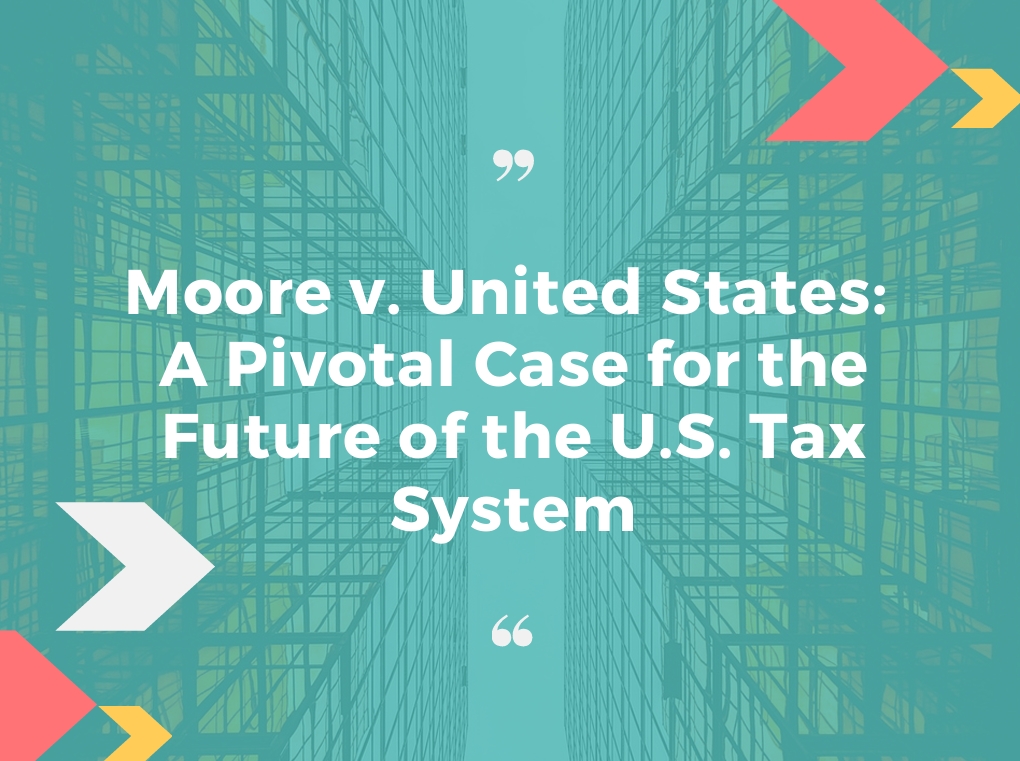
Moore v. United States is a landmark Supreme Court case that could have far-reaching implications for the U.S. tax system. The case centers around whether the government can tax unrealized gains as income, a question that has profound implications for both the structure of the tax system and the distribution of the tax burden.
Structural Threat to the Income Tax System
The outcome of Moore v. United States could set a precedent for future litigation that could fundamentally alter the income tax system as we know it. The case challenges the statutory realization requirement, which has traditionally defined income as something that has been realized through a specific event, such as a sale. If the court decides that there is a constitutional realization requirement or leaves the question open, it could lead to a significant shift in how income is taxed, potentially giving certain taxpayers a new weapon to challenge various provisions of the tax code.
Implications for Wealth Taxes
The case also has implications for the future of wealth taxes. The Biden administration has previously proposed a billionaire tax that would tax unrealized gains annually and impose a minimum tax on individuals with a net worth exceeding $100 million. A ruling in favor of the Moores could be seen as a proxy fight against such wealth taxes, potentially foreclosing their implementation and preventing future litigation over these instruments.
The Concept of Realized Gains
Realization is a fundamental concept in tax law, but it has never been clearly defined. Generally, it refers to the point at which income is considered to have been received, typically through a sale or other event that fixes and identifies the income. However, the Moores argue that they should not be taxed on their share of income realized at the corporate level, as they did not receive any cash from the corporation’s earnings.
Potential Outcomes and Their Consequences
A ruling in favor of the Moores could have significant consequences for the tax system. It could undermine large sections of the Internal Revenue Code, particularly the partnership tax rules. Under these rules, partners in a partnership are taxed on the partnership’s income regardless of whether they receive cash distributions. A constitutional realization requirement could create uncertainty about how to tax these business arrangements, potentially leading to a shift in the tax burden towards middle-income households.
The Importance of the Court’s Rationale
Regardless of the outcome, the rationale provided by the court and the language of the opinions will be crucial in shaping the future of income tax law. The decision is likely to be a compromise between the liberal and conservative justices, reflecting the broader debate about the role of the income tax system in the U.S. economy.
Disclaimer: The information provided above is not meant to be legal or tax advise. You should consult your CPA and attorney to determine the best course of action for your situation.
Mitzi E. Sullivan, CPA is a cloud based professional services provider
specializing in cloud accounting.